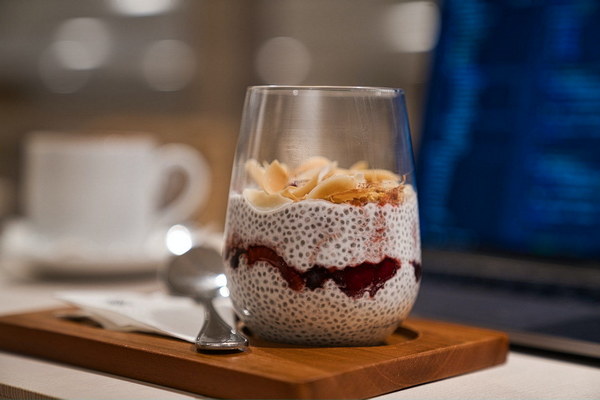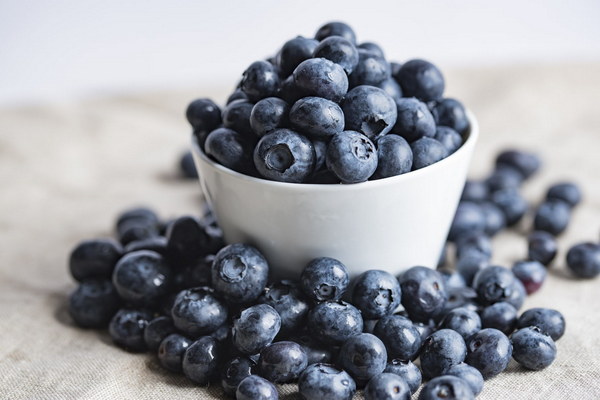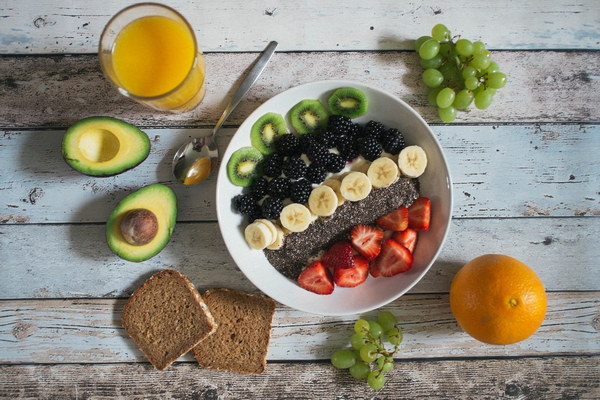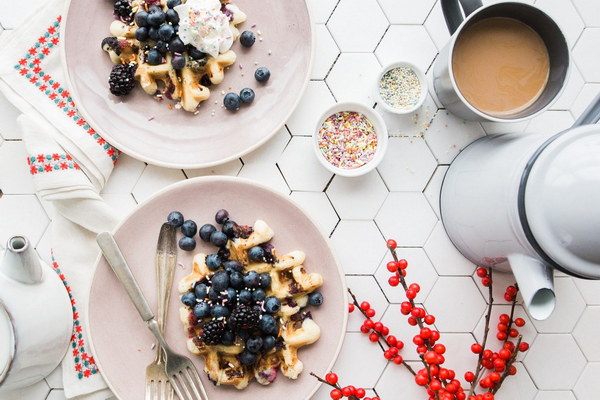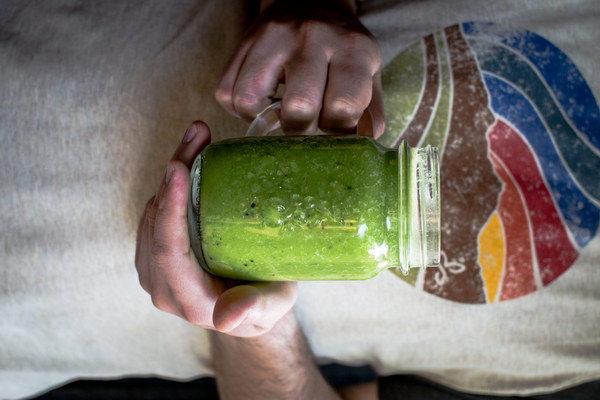What Medications Should Be Avoided in HealthBoosting Tea
Introduction:
Tea, with its rich history and health benefits, has been a staple in many cultures worldwide. However, not all teas are created equal, and certain medications should be avoided when consuming health-boosting teas. This article will discuss the types of medications to be cautious about when sipping on your favorite herbal tea.

1. Blood Thinners:
Herbal teas, particularly those with high vitamin K content, such as green tea and ginger tea, can interact with blood thinners like warfarin. Vitamin K is essential for blood clotting, and excessive intake can counteract the effects of blood thinners, leading to increased bleeding risks. It is crucial to consult with a healthcare professional before combining these teas with blood-thinning medications.
2. Antidepressants:
St. John's Wort, a popular herbal tea used for its mood-enhancing properties, can interfere with antidepressant medications. This interaction can cause increased side effects or reduced efficacy of the antidepressants. Patients taking antidepressants should avoid St. John's Wort tea and consult their healthcare provider for alternative options.
3. Heart Medications:
Herbal teas with high potassium content, such as hawthorn and dandelion tea, can interact with heart medications like diuretics and beta-blockers. Excessive potassium intake can lead to adverse effects, including heart palpitations and muscle weakness. It is essential to monitor potassium levels and consult with a healthcare provider before consuming these teas while on heart medications.
4. Diabetes Medications:
Herbal teas with high sugar content, such as sweetened green tea or black tea, can interfere with diabetes medications. This can lead to blood sugar fluctuations and increased risk of hypoglycemia. Patients with diabetes should opt for unsweetened herbal teas and monitor their blood sugar levels closely when consuming these beverages.
5. Blood Pressure Medications:
Herbal teas with diuretic properties, such as dandelion and hawthorn tea, can interact with blood pressure medications like ACE inhibitors and diuretics. This interaction can cause excessive fluid loss and hypotension. It is important to consult with a healthcare provider before consuming these teas while on blood pressure medications.
6. Sleep Aids:
Herbal teas with sedative properties, such as chamomile and valerian root tea, can interact with sleep aids like benzodiazepines. This interaction can enhance the sedative effects, leading to excessive drowsiness and potential for dependency. Patients taking sleep aids should avoid these teas and consult their healthcare provider for alternative options.
Conclusion:
While herbal teas offer numerous health benefits, it is crucial to be aware of potential interactions with medications. To ensure safety and avoid adverse effects, individuals should consult with a healthcare professional before incorporating health-boosting teas into their daily routine. By doing so, one can enjoy the benefits of herbal teas without compromising their medication regimen.
